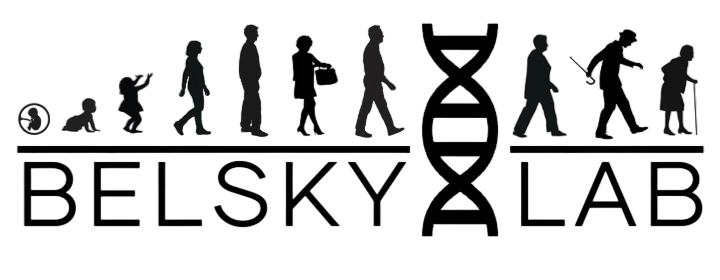The MyGoals for Healthy Aging Multi-Center Randomized Controlled Trial (R01AG073402).
Poverty is associated with harsh living conditions, few opportunities to exercise, and poor access to healthy food that collectively produce “wear and tear” on organ systems. Psychological stress increases the fragility of neurons in the central nervous system, potentially producing both the loss of function and volume in areas of the brain that are involved in maintaining homeostasis (e.g., blood glucose), planning tasks, executing tasks, motivation, and emotional control. Psychological stress and poor nutrition can accelerate the aging process, and may manifest as executive function deficits, diabetes, obesity, Alzheimer's disease/Alzheimer's disease- related dementias (AD/ADRD), and early death. The mechanisms by which poverty-associated stress accelerates aging are known, but there is no proven intervention to slow the rapid pace of aging among impoverished families. Anti-poverty programs are a logical point of intervention. An ongoing randomized-controlled trial (RCT), MyGoals for Employment Success, intervenes on both poverty using proven employment incentives and on executive function deficits using a field-tested coaching program. That study was designed to evaluate outcomes associated with executive function, economic well-being, and social functioning. To evaluate outcomes associated with aging, additional intervention time and follow up are needed because health outcomes tend to lag economic outcomes. The National Institute on Aging provided one year of funding for cohort maintenance and to re-design MyGoals for Employment Success into a healthy aging study with three years of intervention time, six years of follow up, and health, aging, and cognition measures. This re-design was done in collaboration with leading interdisciplinary experts using the Delphi method, a formalized process for understanding how to optimize measure selection and the timing of measure collection. With their input, we propose an innovative RCT that we call MyGoals for Healthy Aging. We will measure the effect of the intervention on psychological stress, diet, sleep, mood, loneliness, height, weight, executive function, blood sugar, high-sensitivity C-reactive protein, and gene methylation patterns. We will also store blood for future “freezer studies” that allow for more sophisticated measures of human aging. In addition, we will maintain an ongoing dataset linked to electronic data so that it is possible to measure outcomes beyond the time frame of the study, including future income and mortality by cause of death. Completion of these aims will provide foundational evidence on the ability of social policy to influence aging-related health outcomes; our ultimate goal is to test a novel intervention that might reduce or eliminate disparities in chronic diseases including AD/ADRD.
Featured Publication: Savin MJ, Wang H, Pei H, Aiello AE, Assuras S, Caspi A, Moffitt TE, Muenning PA, Ryan CP, Shi B, Stern Y, Sugden K, Valeri L, Belsky DW*. Association of a pace of aging epigenetic clock with rate of cognitive decline in the Framingham Heart Study Offspring Cohort. Alzheimer’s & Dementia: Diagnosis, Assessment, & Disease Monitoring, Published online Nov 23, 2024. PMC11585167
Featured Publication: Graf G, Aiello AE, Caspi A, Kothari M, Liu H, Moffitt TE, Muennig P, Ryan CP, Sugden K, and Belsky DW. Educational mobility, pace of aging, and lifespan among participants in theFramingham Heart Study. JAMA Network Open. Published online March 1, 2024





